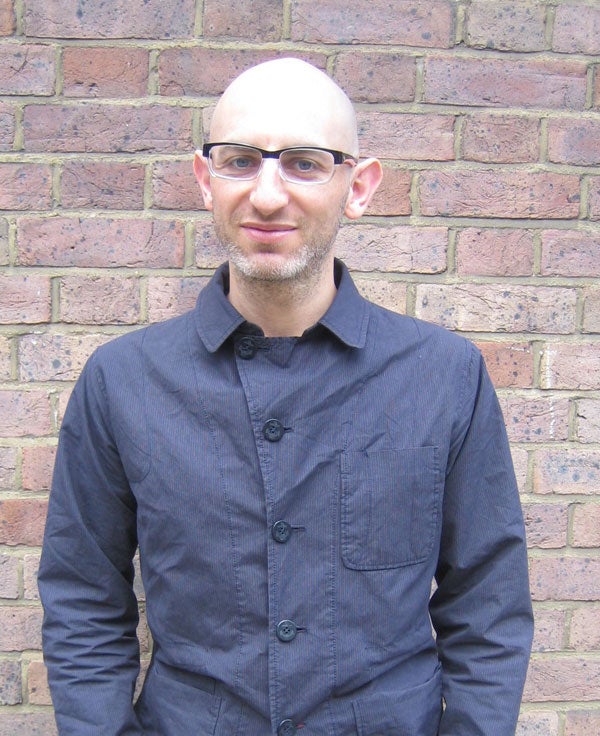The Echo Chamber, By Luke Williams

The narrator of this remarkable novel is Evie Steppman, a woman in her sixties who has holed herself up in the attic of her decaying house in Gullane, eastern Scotland, to write her memoirs. Evie, as narrators will do in books of this type, has a rather particular super-power: a faculty of hearing so acute that she can actually hear the past. She can "hear" photographs, and catch echoes of her childhood and even prenatal existence, in 1940s Lagos. "This is what I heard," she writes: "the vicious spitting of feral cats, rug-beaters thwacking, traffic bustle and crowds. Fat goats being let to market, their bleating disharmonious and afraid. Women pounding manioc."
Evie, with her magical ears, might remind you of Saleem in Midnight's Children, with his sense of smell, or Oskar in The Tin Drum, with his monstrously accelerated mental abilities. Like both books, The Echo Chamber deals with the birth of a nation: newly independent Nigeria, where Evie's father had worked for the British colonial administration.
The difference here is that Luke Williams doesn't seem to be trying to squeeze his novel into the shape of a political allegory. For all the research that must have gone into them, the stories that come out of Nigeria – the voodoo folk tales in the marketplace, the sickening violence of the later civil war – are just stories, no more intrinsic to the structure of the book than those of Scheherazade in the Arabian Nights. This is a book in love with stories. Barely a character appears but they launch into an anecdote, a fable or a cautionary tale. Evie transcribes letters and diaries full of them, and wheedles them out of her grandfather, Mr Rafferty, who spends his days in a nearby "institution" under the illusion that he is one of various celebrated watchmakers.
For the echo chamber isn't just the human head, womb and chest (though it is all of those things): it is the novel form itself, made out of echoes of other novels, and itself. Williams is explicit about this in his acknowledgements, citing books on colonial Africa he has adapted passages from, plus others by Georges Perec, Bruno Schulz, Isaac Babel. He even gives up authorship entirely for two chapters, handing the pen to Natasha Soobramanien, who contributes diary entries on behalf of Damaris, an actress who becomes Evie's lover in the 1970s and tours America with her in the entourage of a Ziggy Stardust-era David Bowie.
From Lagos to LA, and on to rainy Scotland, The Echo Chamber resists summary, but tumbles headlong through its pages driven by a seemingly unassuagable need to tell stories. I had worried that the gimmick of Evie's super-hearing would mean we were in for endless virtuoso descriptions of how things sound, but Williams is too restless a writer for that. Evie is writing, in part, to silence what she calls "the din of myself", but it will be a careless reader who isn't impelled to flip back to the start of the book on finishing it, to seek out the original sources of all those resonances.
Join our commenting forum
Join thought-provoking conversations, follow other Independent readers and see their replies
Comments
Bookmark popover
Removed from bookmarks